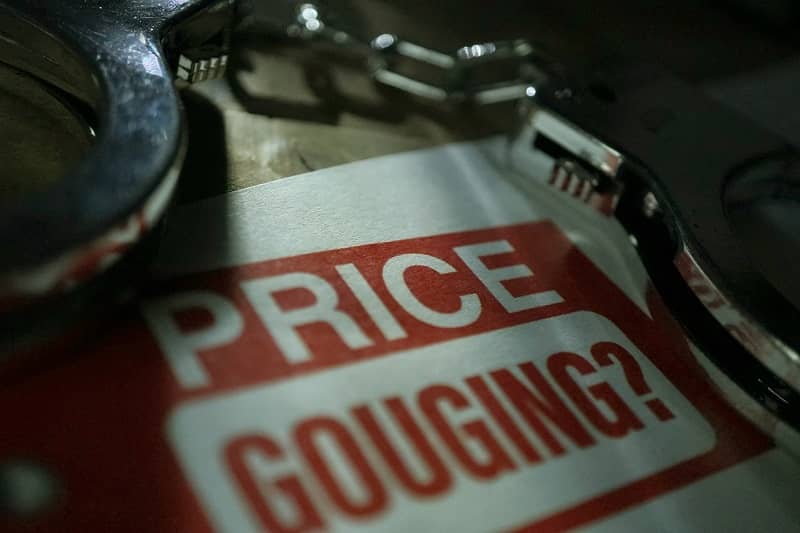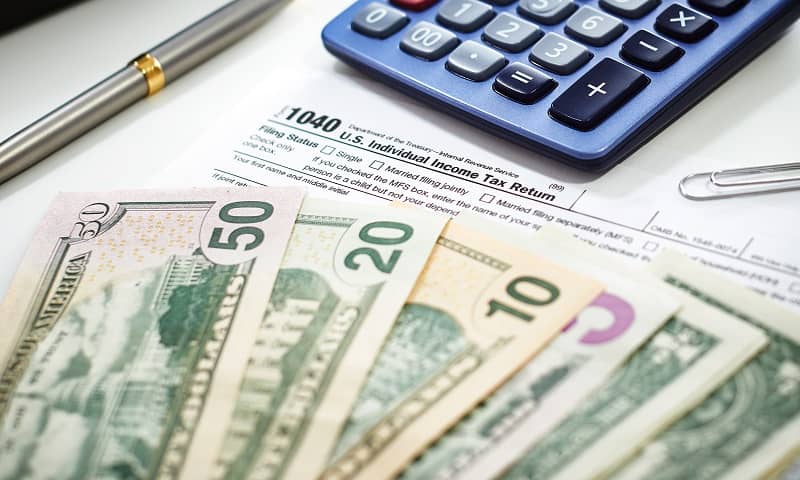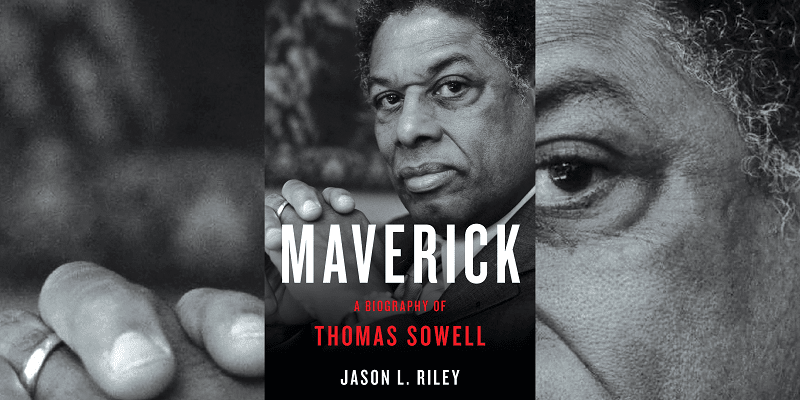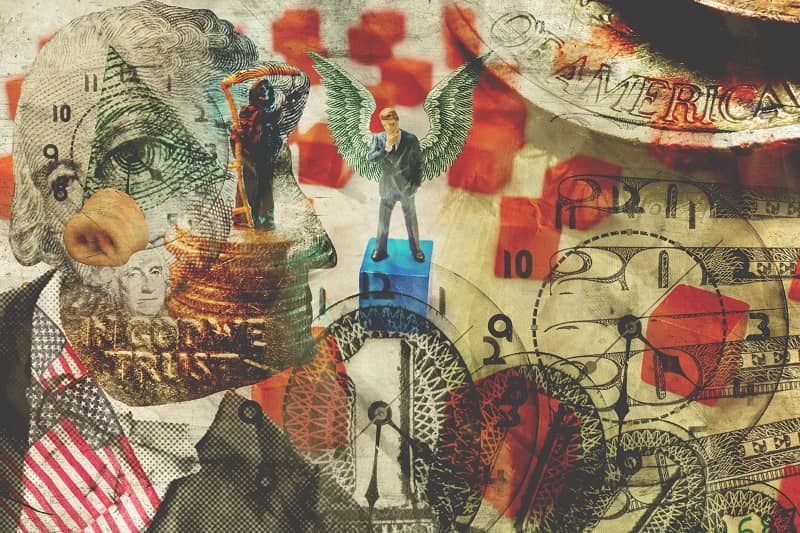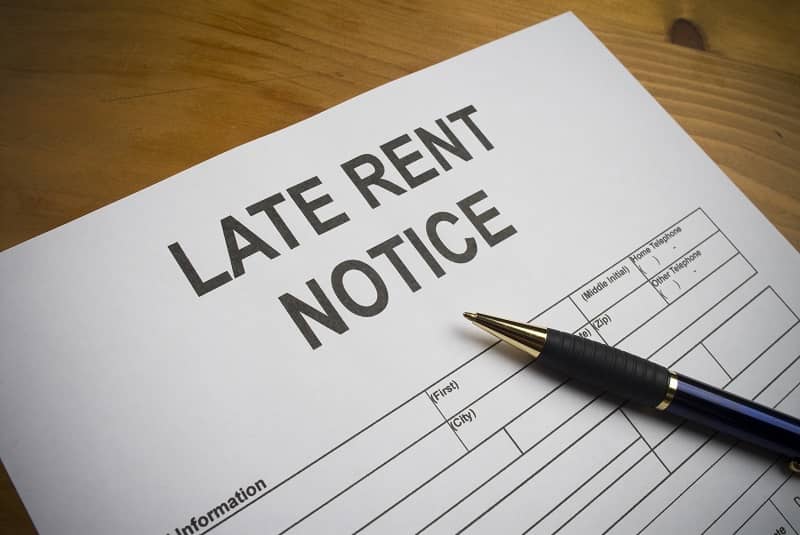A union-backed group is planning to put an initiative on Oregon’s 2016 General Election ballot that would result in the largest tax increase in Oregon history. Designed to tax sales of large corporations doing business in Oregon, Initiative Petition 28 may raise more than $5 billion every biennium, increasing Oregon’s General Fund budget by twenty-six percent.
Voters should realize that this proposal is not simply a way to capture revenue from big business. Actually, it’s a way to hide the fact that most of this new state revenue will come out of the pockets of average Oregon consumers and workers. That’s because neither large nor small corporations have a magic pot of money from which they can painlessly bestow more to government. All corporate money ultimately belongs to some individuals, and it is generated by selling goods and services to other individuals.
The tax measure in question basically will impose a 2.5 percent gross receipts tax on most corporate sales above $25 million in the state, on top of other business taxes. While that can be seen as just two-and-one-half cents on every dollar of sales, what percentage of corporate profits does 2.5 percent represent?
A 2013 national poll found that Americans believe the average company makes a 36% profit on sales after taxes. The actual median and mean profit margins of 212 industries nationwide are 6.5% and 7.5% respectively.
So, imposing a 2.5 percent tax on gross sales actually represents at least one-third of the average company’s profit margin. It’s closer to 80 percent of the profit margin of that big company some Portlanders love to hate—Walmart—which only earns about 3.1% on every dollar of sales.
Thinking that corporations will take such huge financial hits without passing most or all of them on to workers and consumers is a little like believing that shooting a loose cannon on a dark night will somehow hit the target.
Proponents of this huge tax increase know full-well that they won’t be blamed when consumer costs rise and workers see pay and/or benefits restricted. The tax will be hidden from them. They’ll blame those evil businesses that they think are gouging them, without looking into the real culprits.
If the proponents were honest, they’d propose taxing consumers or workers directly to raise the extra money they want to fill government coffers. But that wouldn’t poll well, so it’s not likely to happen.
Steve Buckstein is Founder and Senior Policy Analyst at Cascade Policy Institute, Oregon’s free market public policy research organization.


